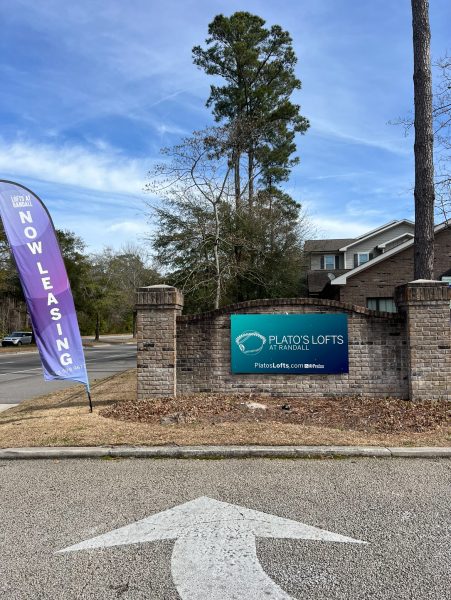SUV hybrids anticipated
April 21, 2004
In response to rising gas prices, pollution and “gas-guzzling” large vehicles, hybrid and hydrogen fuel cell cars are becoming increasingly popular among Americans, and they are now even coming out with sport utility vehicles. In response to a clean air mandate, general motors released an EV1 electric car in 1997. However, the company only produced 1500 cars that were available only by lease in southern California. Other than these, no hybrids have been made in America thus far. Hybrid vehicles have been available in Japan since 1996. Honda and Toyota currently have several hybrid cars on the market. These include the Honda Civic hybrid, the Honda Insight, and the Toyota Prius. All of these cars get 50-70 miles per gallon. This is up to seven times of the gas mileage of the Hummer H2 or the Ford Excursion, which only get 10-12 mpg. Toyota is the first automaker to release a hybrid SUV. Toyota released prototypes of the Lexus rx330 and the Toyota Highlander SUV hybrids at auto shows earlier this year. Both SUV models are expected to be released by late 2004 or early 2005. Toyota is also planning hybrid trucks for possible future release. Hybrid and hydrogen fuel cell buses and trucks are already being used by several mass transit systems and companies in the U.S. “If it doesn’t cost outrageously more than normal cars, then I would definitely drive one,” junior environmental studies major Amy Bernhardt said. “It would save me money, gas and most of all the environment.” Hybrid cars currently on the market generally retail from $19,000-$22,000 and seat up to five people. Hybrid cars are now available at some Wilmington car dealerships. “We get about two Toyota Priuses a month, and we have about 20 people on the waiting list,” John Strickland, an employee of Toyota of Wilmington said. The two concerns that led to such a demand for hybrids are gas prices and concerns, and pollution. Gas prices have reached record highs in recent weeks. Automobiles account for nearly 50 percent of the petroleum use in this country. There have been concerns that the U.S.’s dependence on oil will threaten national security. Air pollution is a major problem in many American cities. Cities like Los Angeles are famous for their air pollution. Conventional cars release 300 million tons of carbon into the atmosphere each year. Hybrid vehicles that are powered by 50 percent gas and 50 percent electricity release half the air pollution that a conventional car releases. Hydrogen fuel cell cars that run off of hydrogen alone release no air pollution. Hydrogen-only powered fuel cell cars release only water as a byproduct of engine combustion. Another alternative is to power hybrid vehicles with alternative fuels such as ethanol and biodiesel. These fuels are produced from agricultural products like sugarcane and corn.
Environmental and health advocates say that converting to hybrid and hydrogen fuel cell vehicles will help many people who suffer from respiratory problems. It will also help reduce acid rain, smog, and tropospheric ozone levels, all of which prove detrimental to humans, animals, and vegetation.





















